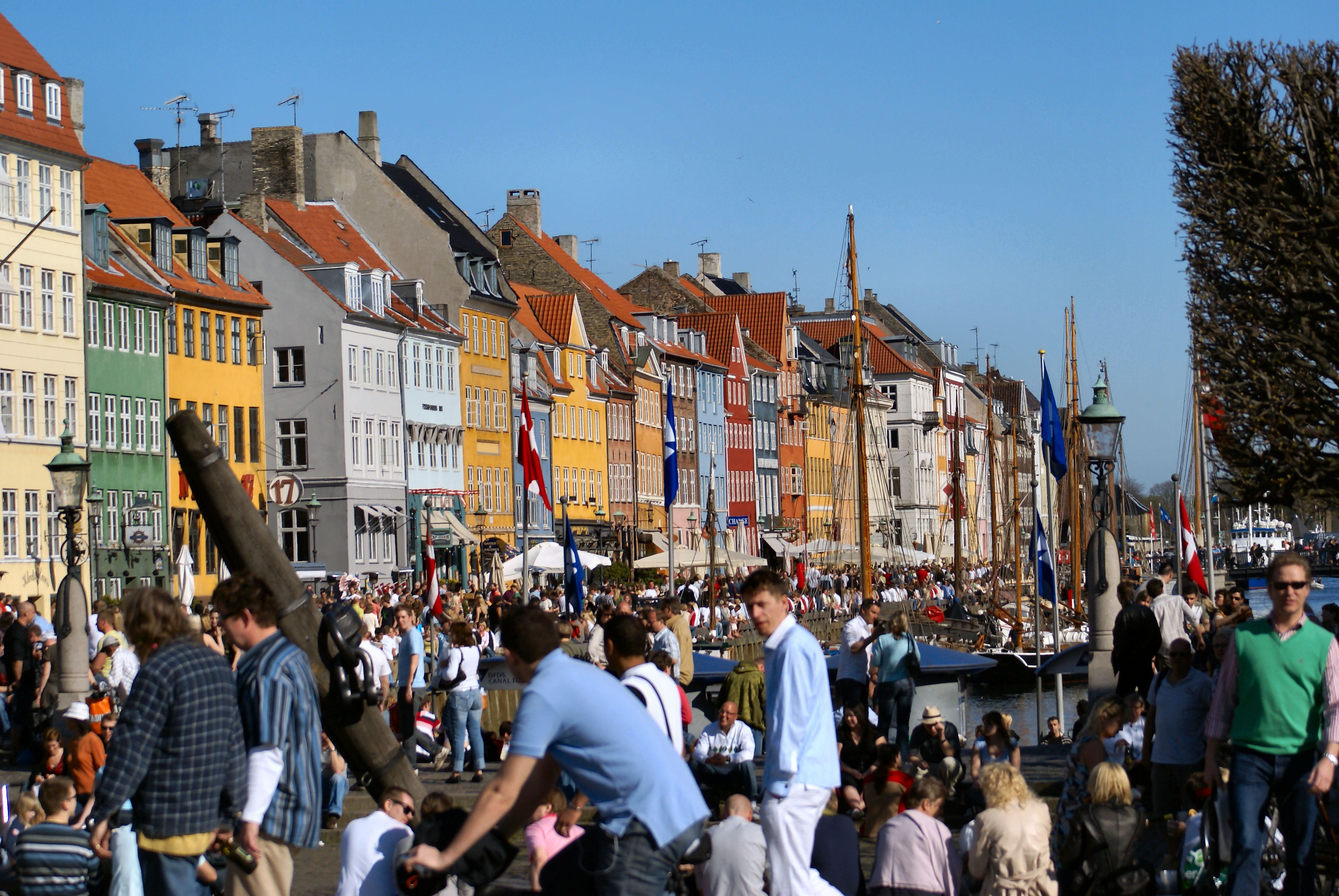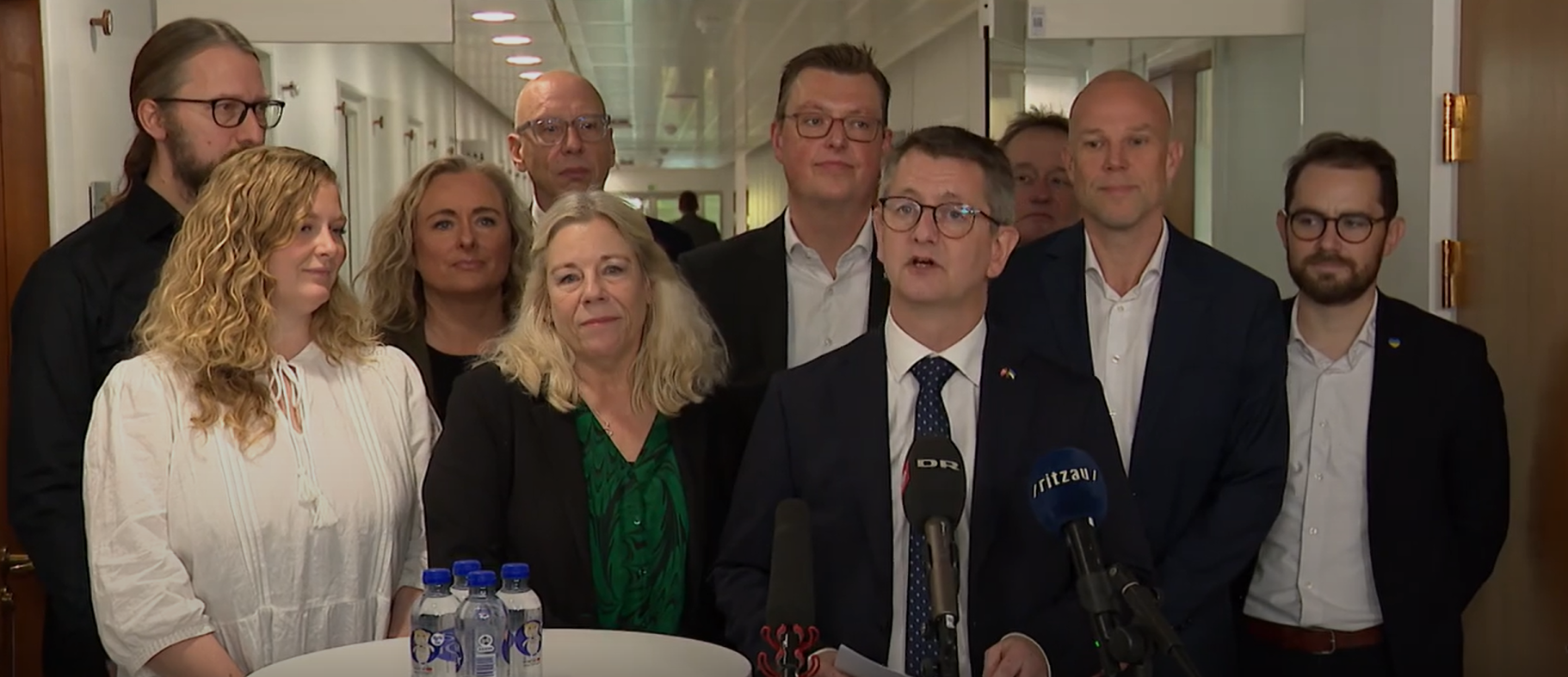The cinematography is sumptuous and sun-soaked from the off, as orange and brown hues dominate this beautifully-lensed film. The opening sequence, in which the young Mandela and other boys from his village hold a coming-of-age ceremony involving bathing, fire and covering one another in paints is dialogue-free and simply breathtaking. This mystical, physical connection to the land – to his birthright – remains with us and informs the film emotionally.
From here we see Mandela (portrayed by British talent Idris Elba) as a young man in Johannesburg, now a husband and father, studying and practising law, representing the local black community and becoming increasingly aware of the many indignations suffered at the brutal hands of the European races.
It isn’t long before he’s involved with the African National Congress, protesting against the deep-rooted injustices of apartheid in its various manifestations. Seeing less and less of his family, his wife leaves him and Mandela finds a better match for his political ideals in social worker Winnie Mandela.
Eventually, what starts as a non-violent campaign, after Ghandi’s example, becomes increasingly militarised with emphasis placed on one particular event in the small South African township of Sharpville, which saw 69 black people gunned down while protesting at the gates of a police station. As the violence escalates, Mandela and several of his ANC compatriots are caught, tried and sentenced to life imprisonment.
Here the narrative takes a turn in pace. These prison years consume the film, in much the same way as they undoubtedly did Mandela’s life. Elba is convincing in most aspects of his portrayal and while he doesn’t quite overcome the obvious physical hurdles of playing Mandela when nearly half Elba’s age, it’s here, in the dire hopelessness of Mandela’s imprisonment, that Elba sinks into the man’s skin.
Formerly acclaimed for his performance in the series The Wire and BBC’s Luther, I can finally appreciate the fuss surrounding Elba. He carries this film with his nuanced, soulful interpretation. On receiving the news of a family member’s sudden death, Elba’s response is devastatingly subtle – in what can best be described as a controlled explosion, he expresses Mandela’s overwhelming grief but also his unwillingness to show weakness to his captors.
Similarly, Naomie Harris has never been better. She owns this and is no less memorable than Elba – in a role that gives her not nearly as much screen-time. I’ve not seen the result of the troubled 2011 production Winnie, but it’s hard to imagine another actress better capturing this innocent-turned-fighter, consumed by a defiant hatred of her oppressors that later comes to define her character.
Harris shows us a mountain of a woman who absorbs her husband’s pain along with her own to the detriment of her mental and spiritual well-being. Of the pair, her character has real movement, so it’s easy to see the temptation of making a film that focuses solely on her.
Ultimately it is ‘focus’ that trips this film. Even at almost two and a half hours running time, one feels a little short-changed. It over-reaches in trying to encapsulate an entire life, especially one so full. It would have been better served with a miniseries or perhaps two films as with Soderbergh’s Che.
Nevertheless, the reams of expositional dialogue, necessary to pull this history lesson off, are written so that most of it is naturalistic and remains sufficiently disguised.
While it could have gone further, the film ultimately deserves credit for not sugar-coating many of the more ‘difficult’ aspects of the Mandelas’ lives. And in terms of illustrating what turns a social worker into a warrior and a promising young lawyer into an outlaw, it does an admirable job.
Mandela: Long Walk to Freedom (11)
.gif)
Premiered Jan 23
Playing Nationwide











